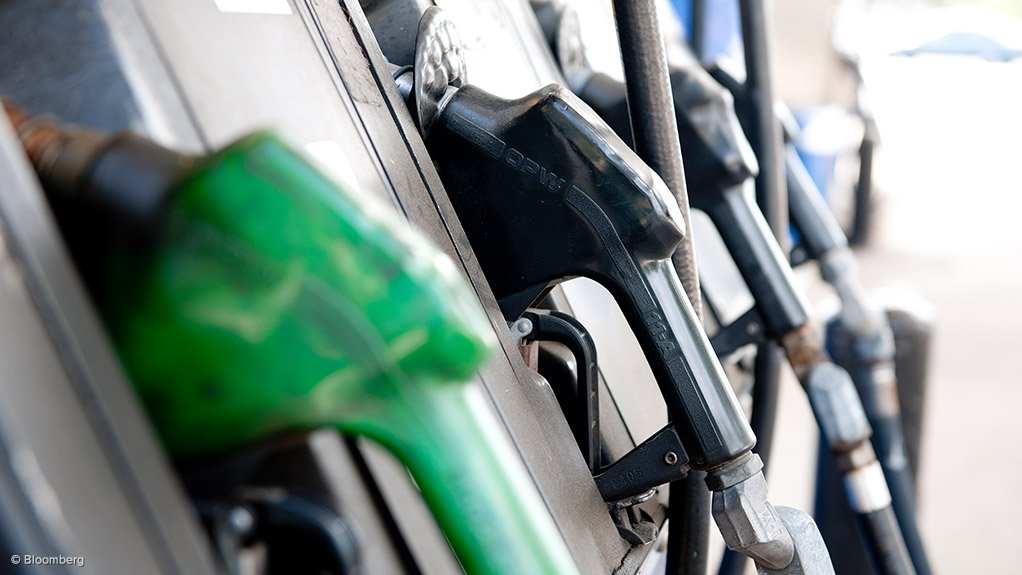According to the latest data from the Central Energy Fund, the price of 95 unleaded petrol is expected to fall by around R2.35 a litre on Wednesday. The price of 93 petrol could drop by around R2.18 a litre. Diesel looks set to be reduced by between 77c and 87c a litre.
The price of illuminating paraffin is also on track to fall by 82c a litre.
The fuel prices are usually adjusted on the first Wednesday of a month and determined by the price of oil and the rand-dollar exchange rate.
The Automobile Association (AA) says the price for 95 fuel in Gauteng looks set to drop from its current R25.42/l to R23.07/l.
"This is cheaper than the June price of R24.17/l but still significantly higher than R21.84/l May pricing. It is also way off the January pricing of R19.61/l. Nevertheless, any decrease to fuel prices is good news," notes the AA.
After hitting a high of $123 a barrel in March, following Russia’s invasion of Ukraine, oil prices slumped to $92 in August amid concerns about the weak state of the world economy and the possibility about a new nuclear deal between Iran and the West.
A deal would mean that Iran's crude output of 2.5-million barrels per day would no longer be under international sanctions and help relieve supply constraints that have been pushing up prices. On Friday, Brent crude oil was trading around $95 a barrel.
Meanwhile, the rand, which started August at around R16.60/$, has since crashed through R17.30 on Friday amid expectations that the US will keep interest rates higher for longer.
"Although we are expecting fuel to be cheaper in September, we remain concerned about the overall high prices which impact on all consumers. The price hikes in June and July will continue to impact the economy, and on the financial situation of all South Africans. A sustainable solution to mitigating rising fuel costs is still necessary and until that solution is found, citizens will be at the mercy of fuel price hikes," said the AA.
It wants government to review the fuel price urgently, but doesn't believe scrapping the General Fuel Levy is the solution.
"We note the calls by those who say this is a way of reducing the fuel price but in our view this will not solve the problem; it will simply force government to find alternative ways to collect the revenue generated by this tax. Instead, the structure and composition of the fuel price must be considered, along with a deeper interrogation of how government currently allocates its funds," says the AA.
EMAIL THIS ARTICLE SAVE THIS ARTICLE
To subscribe email subscriptions@creamermedia.co.za or click here
To advertise email advertising@creamermedia.co.za or click here











